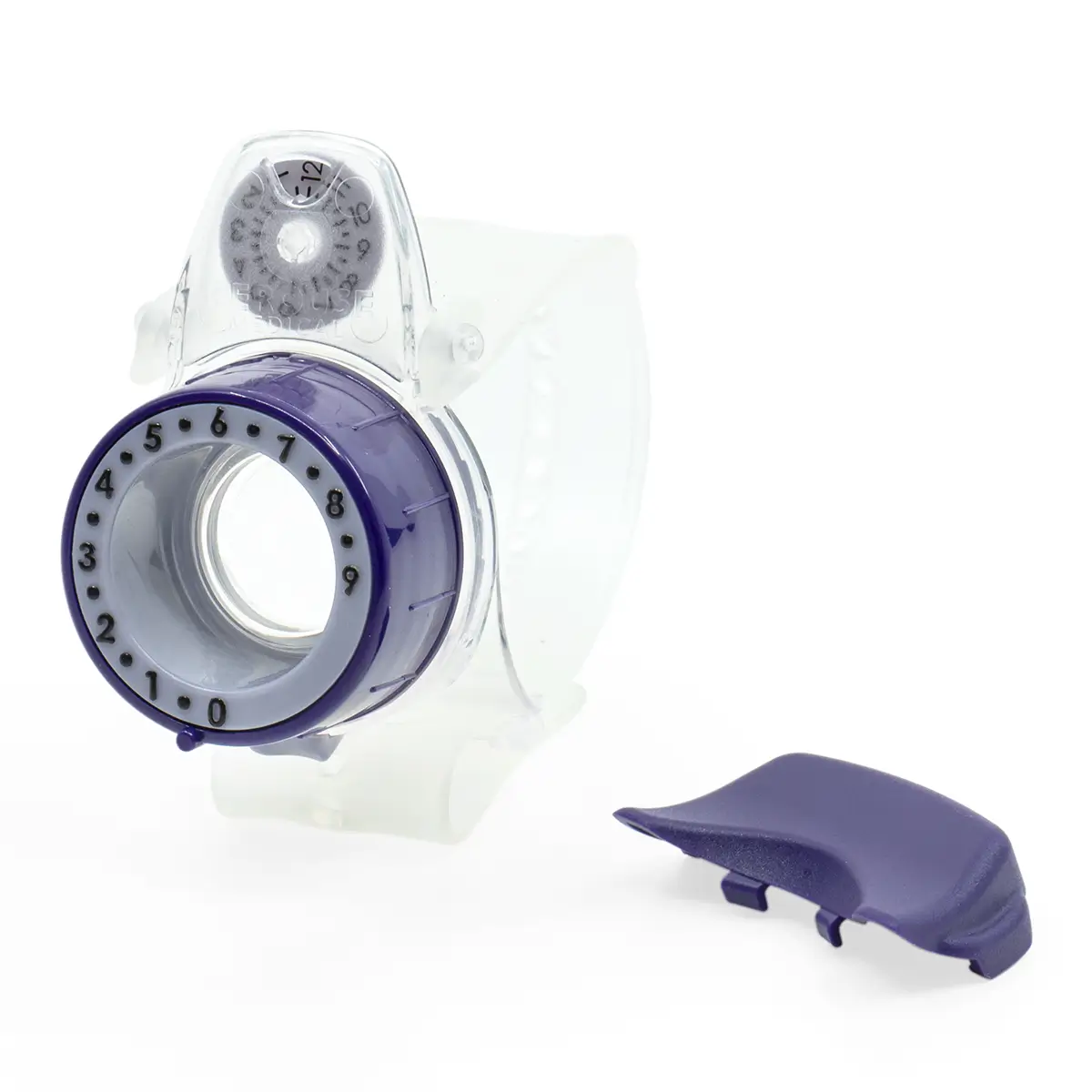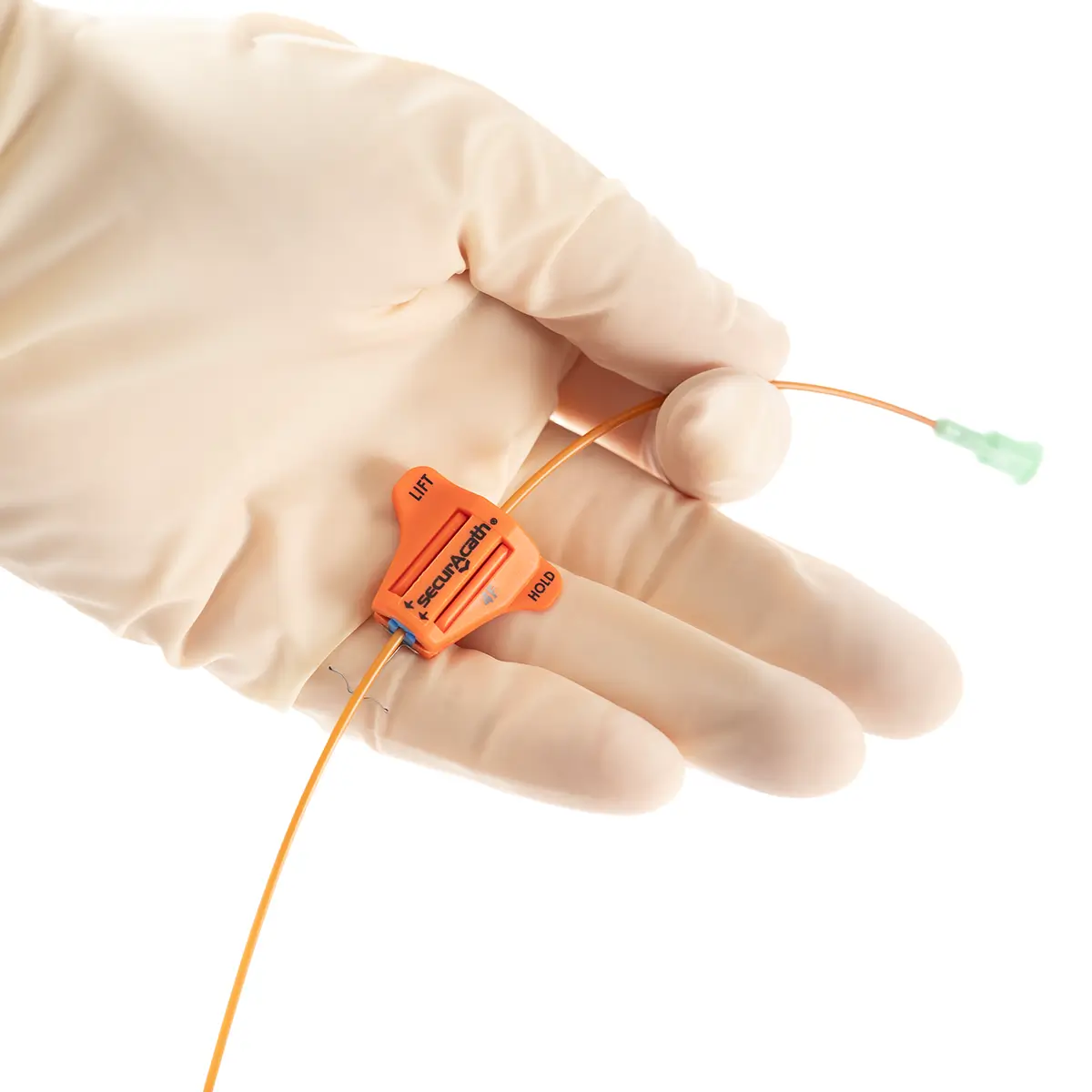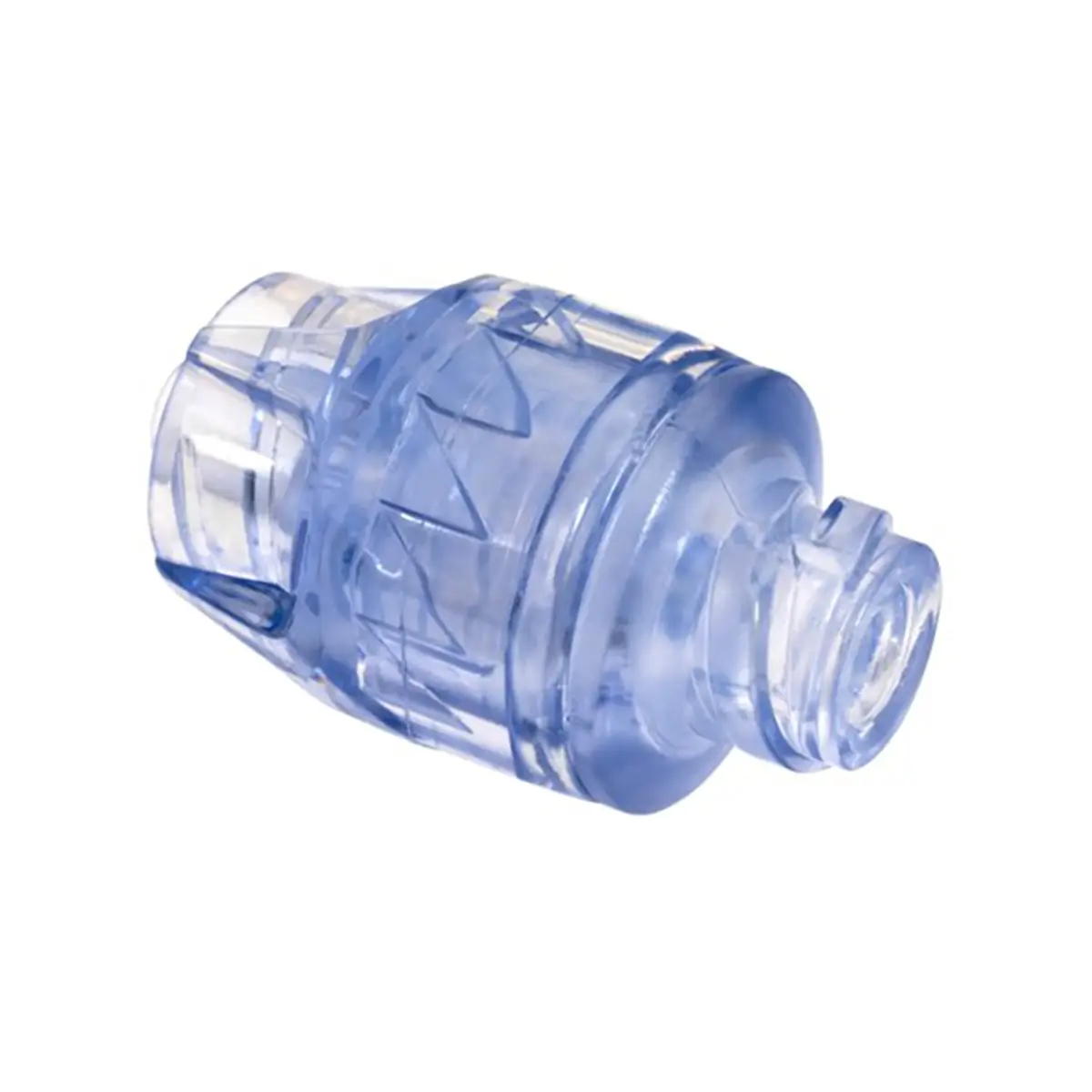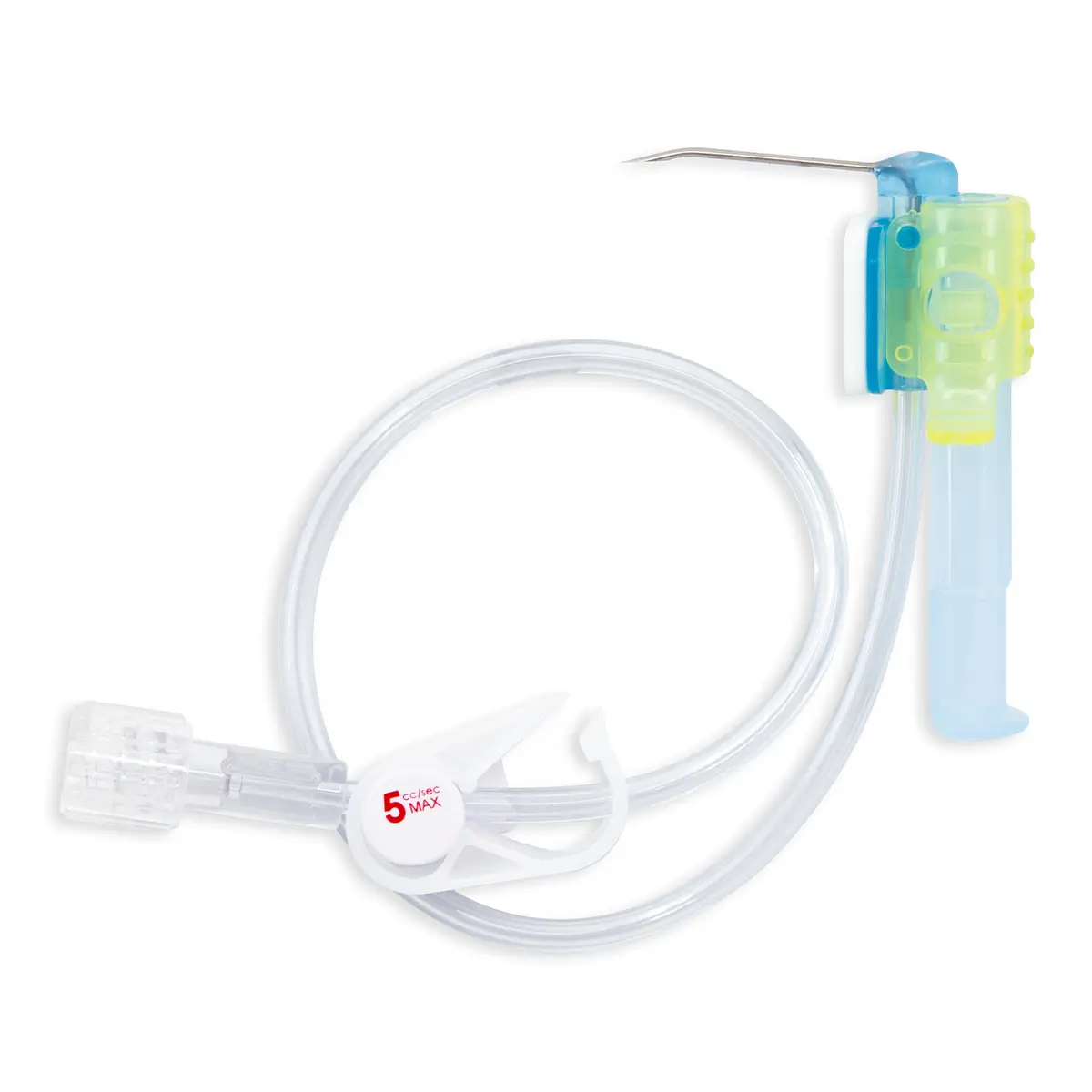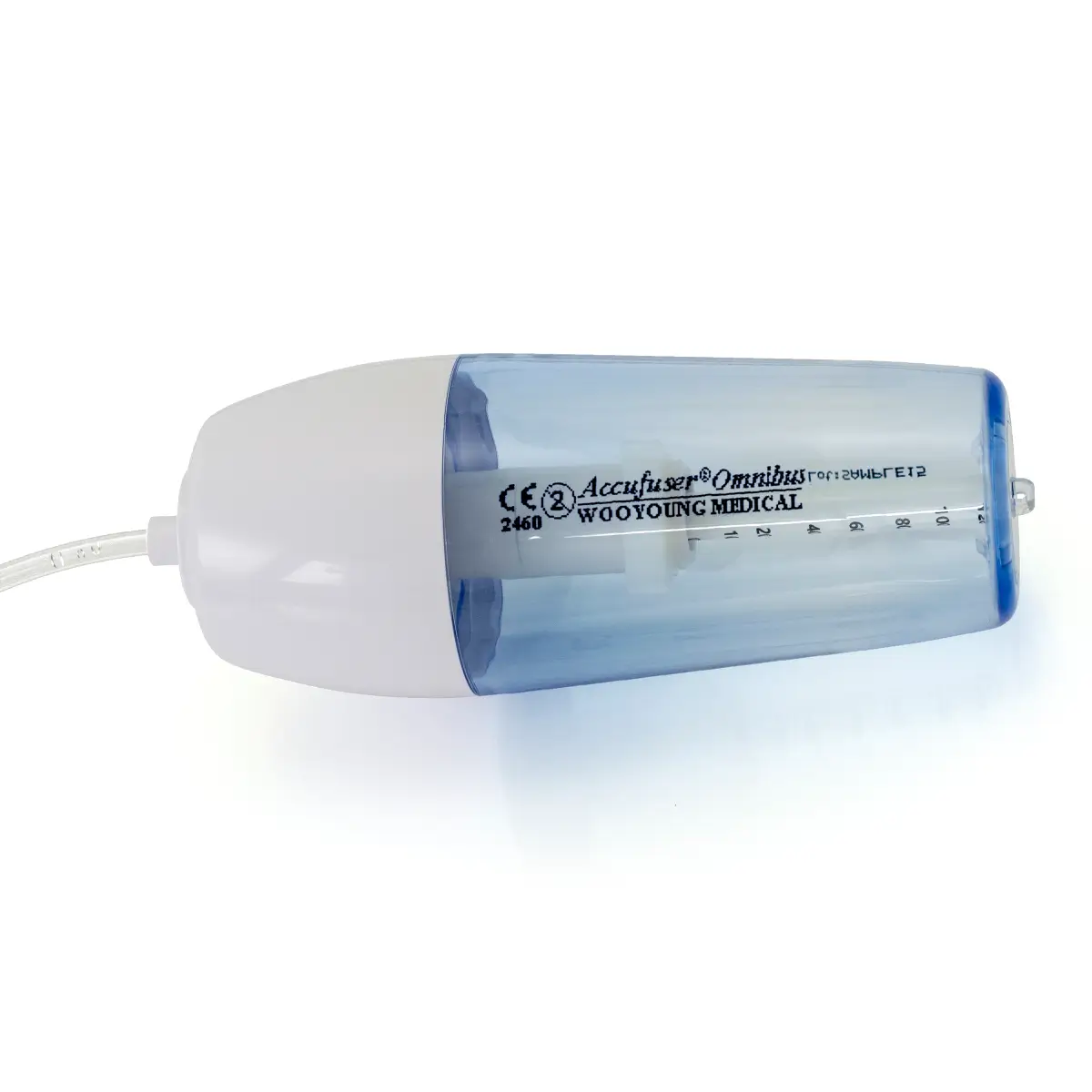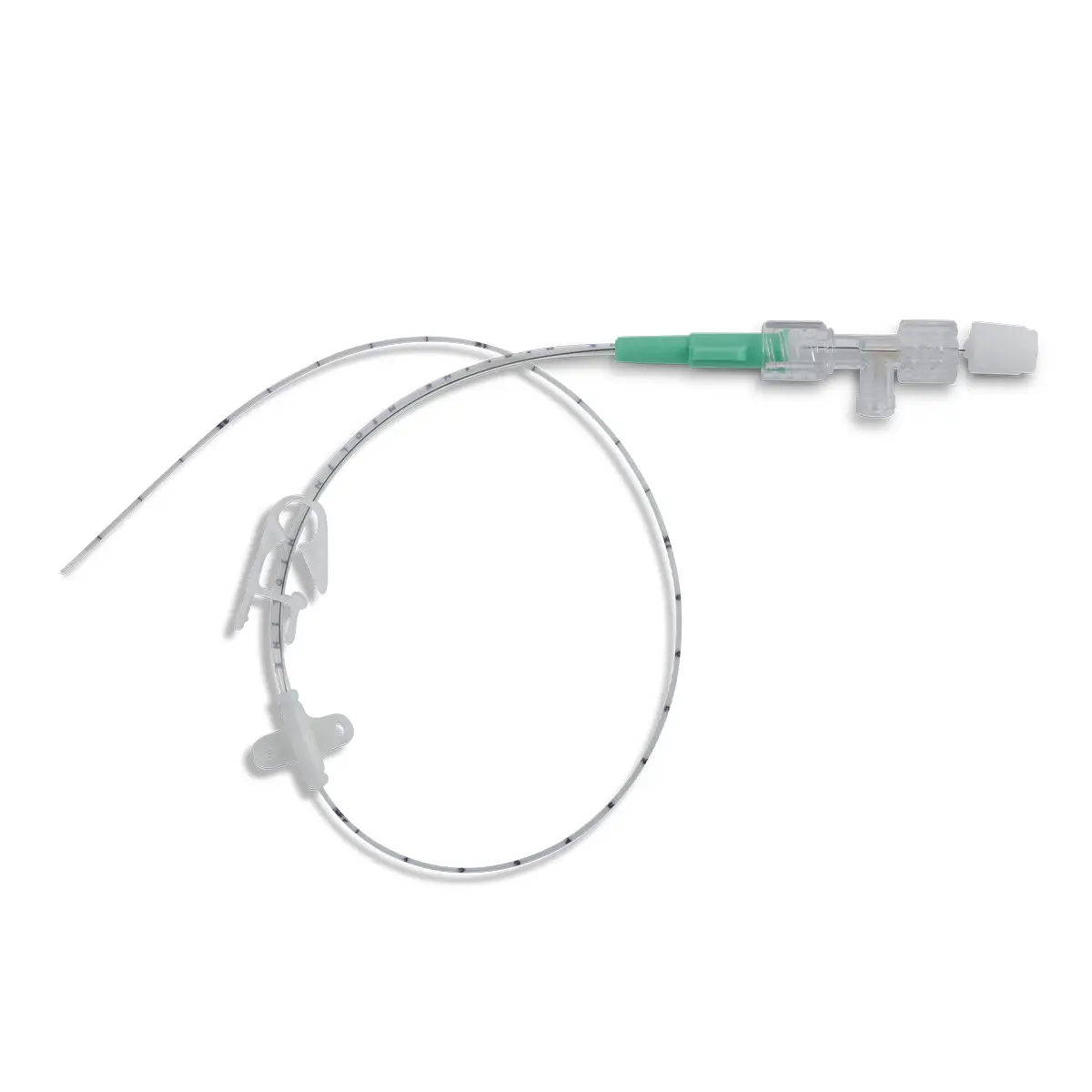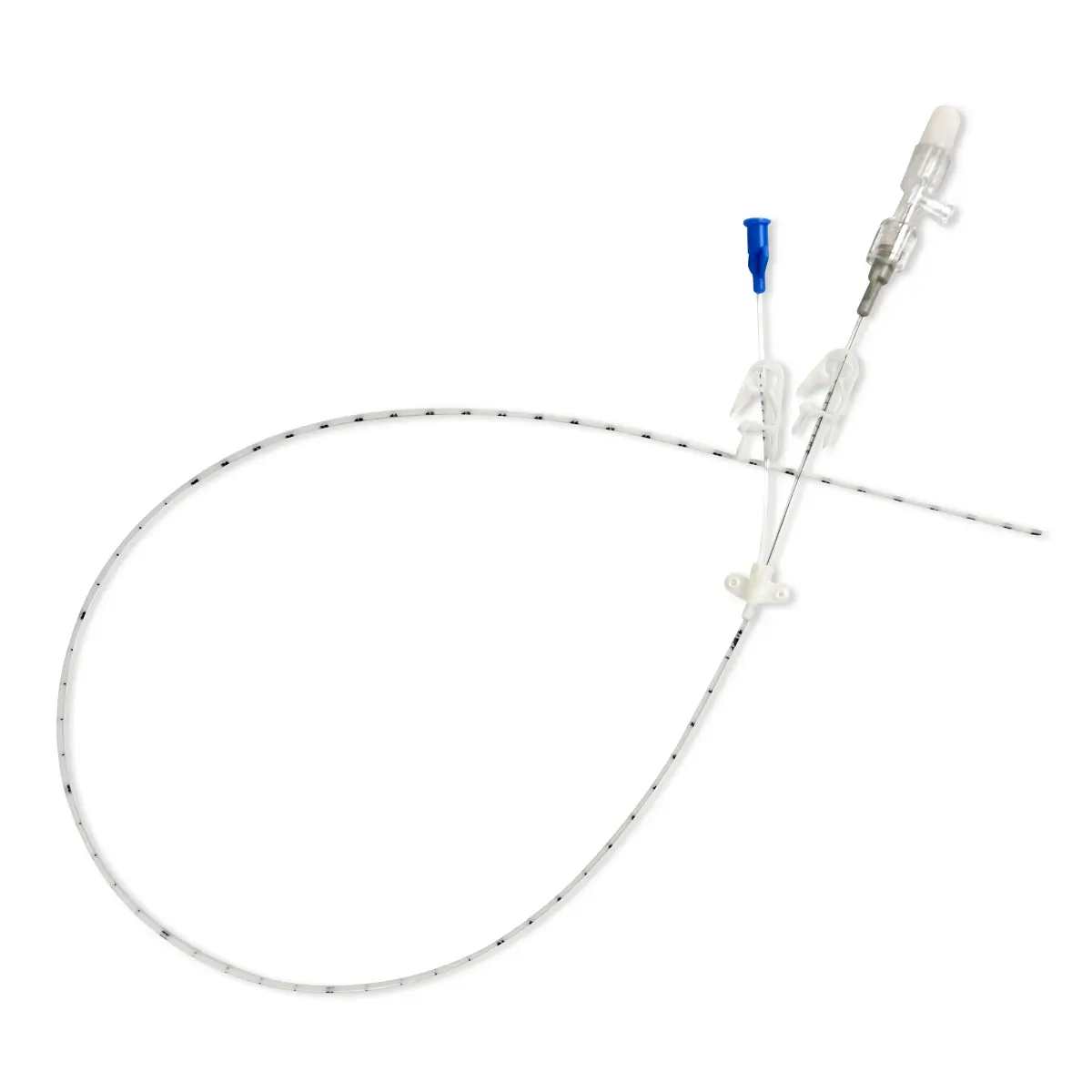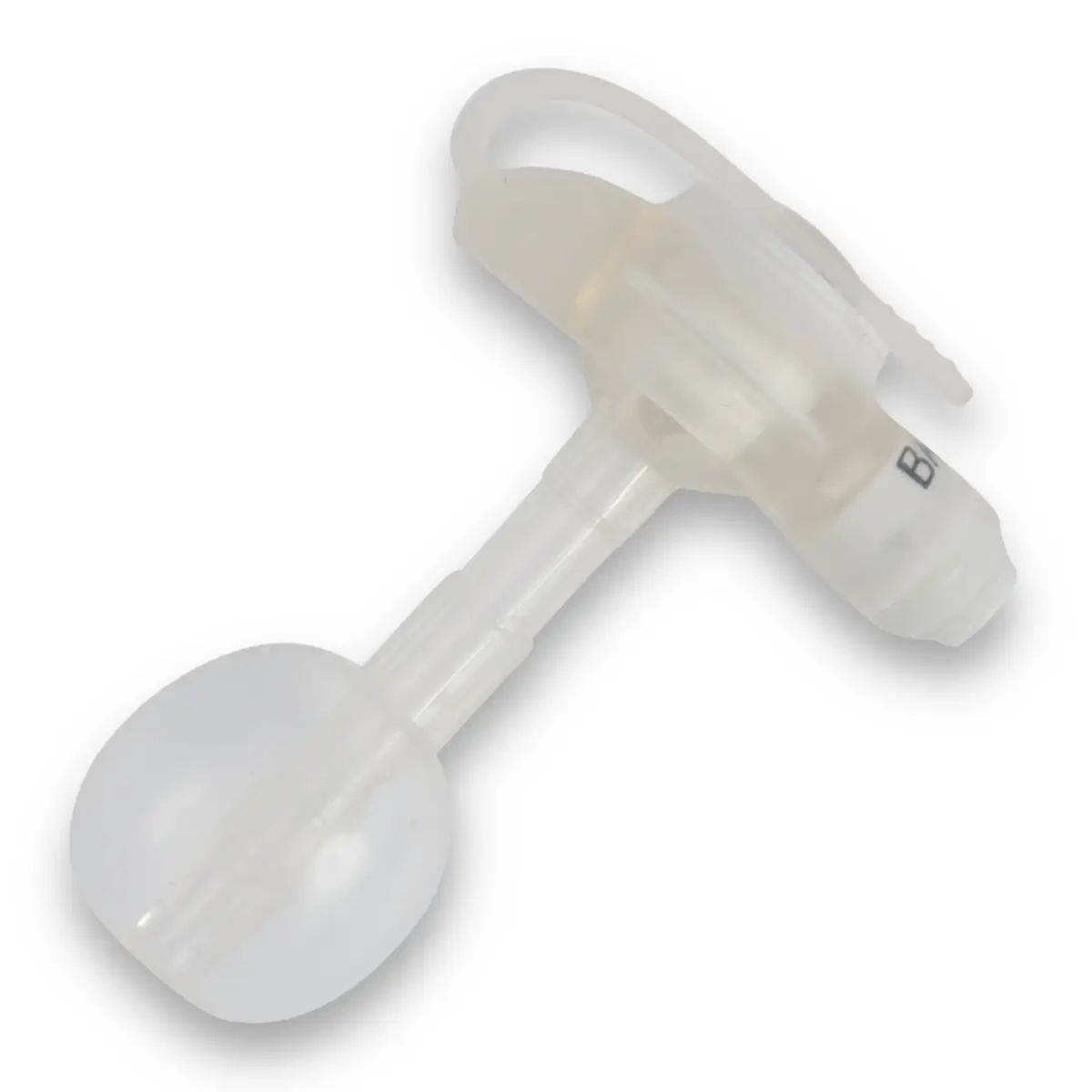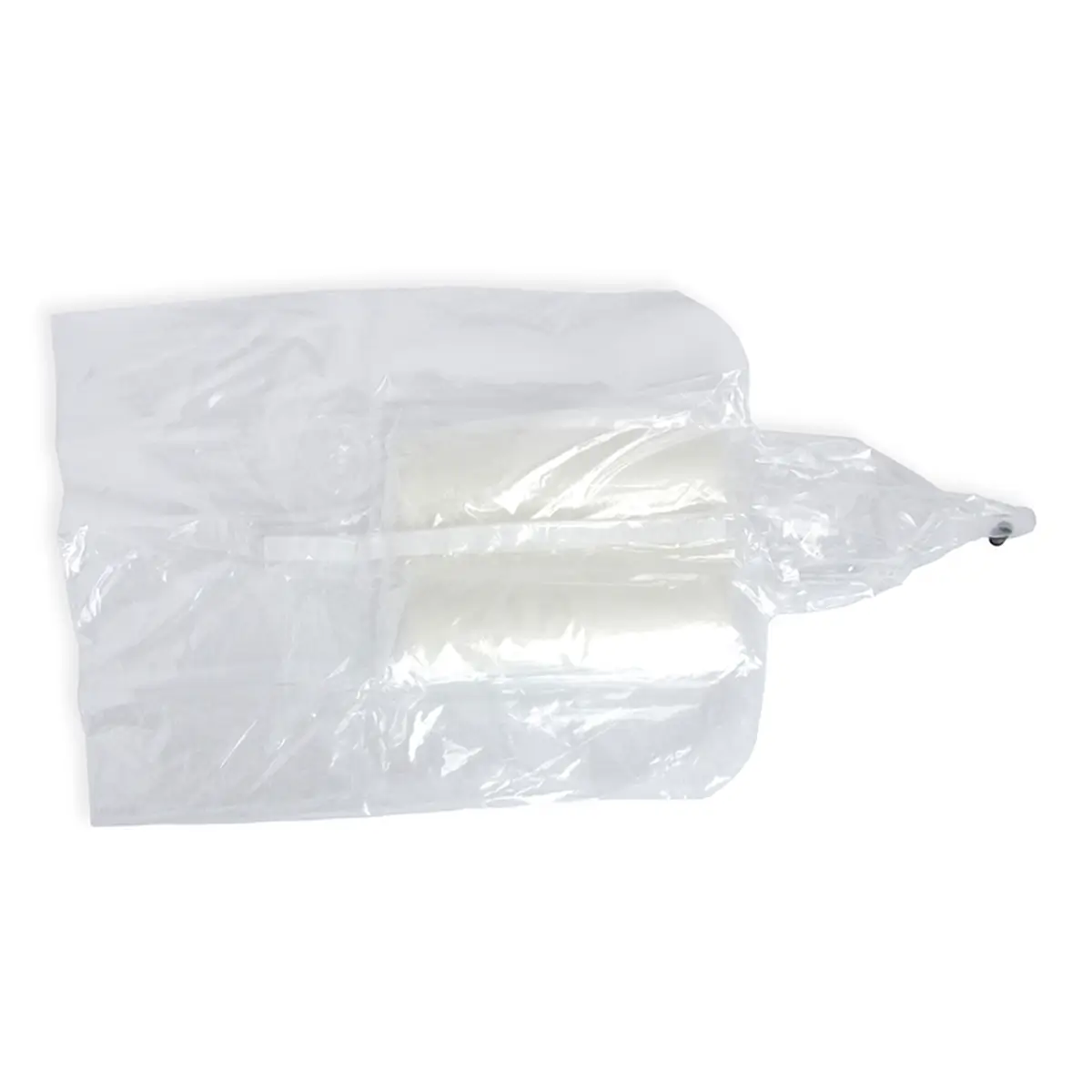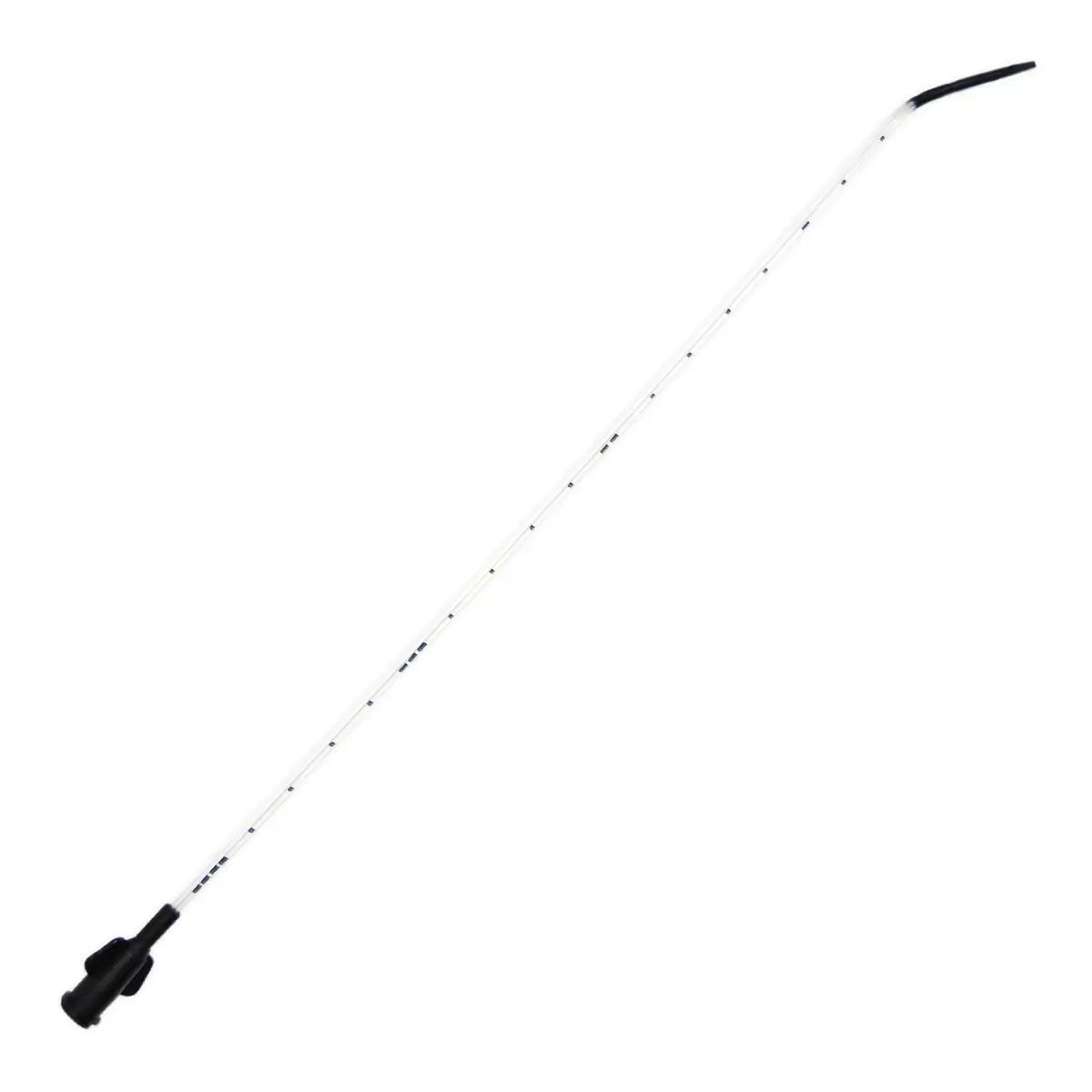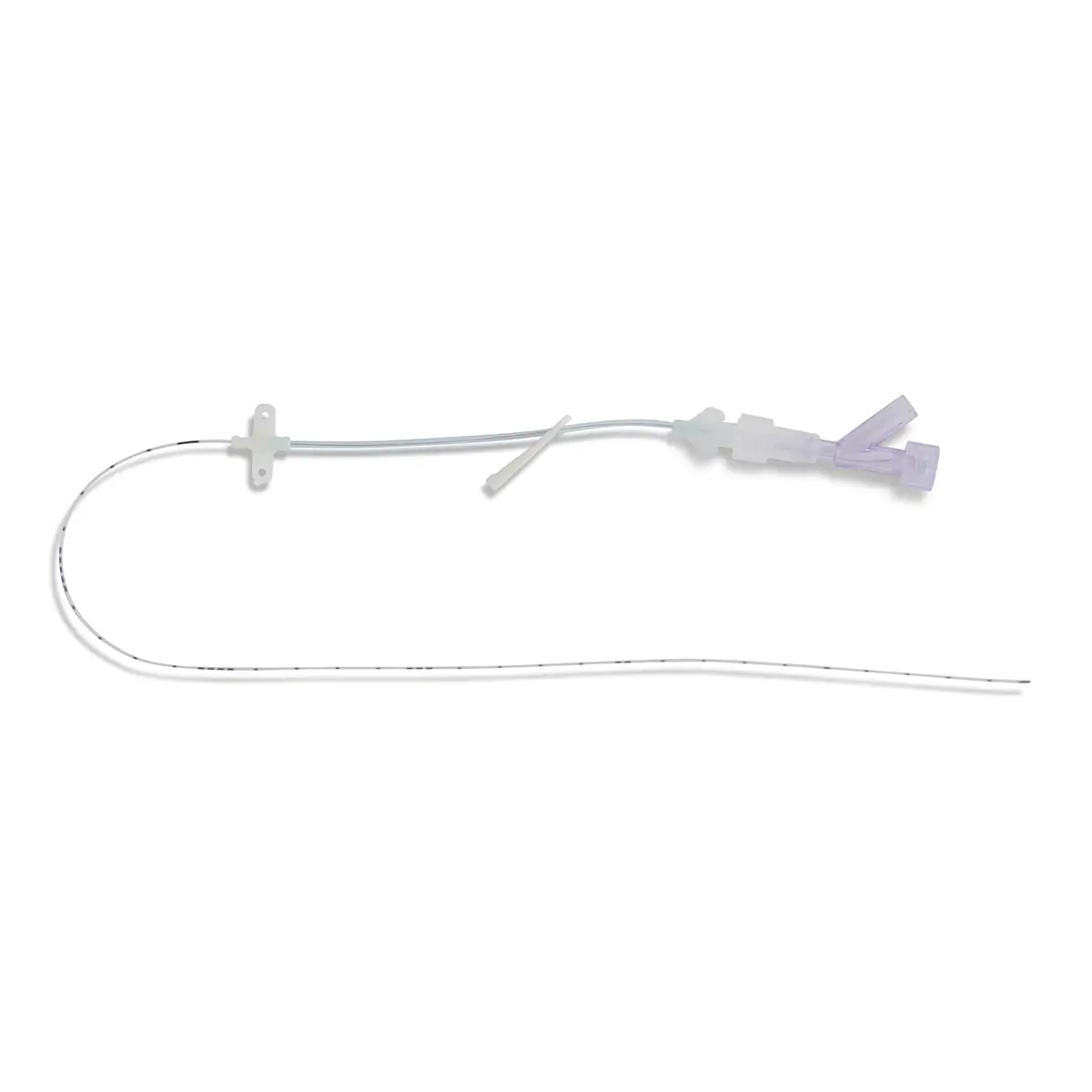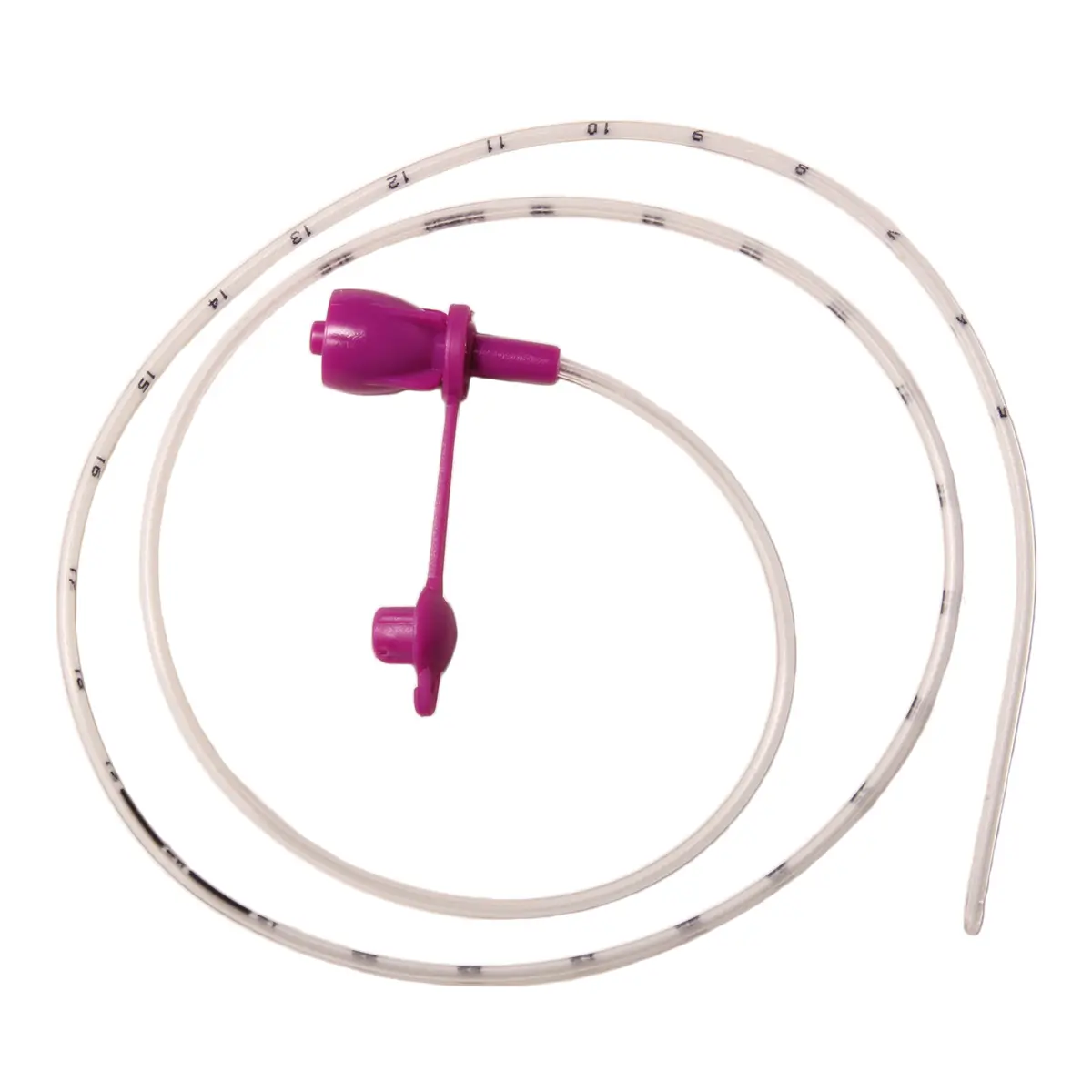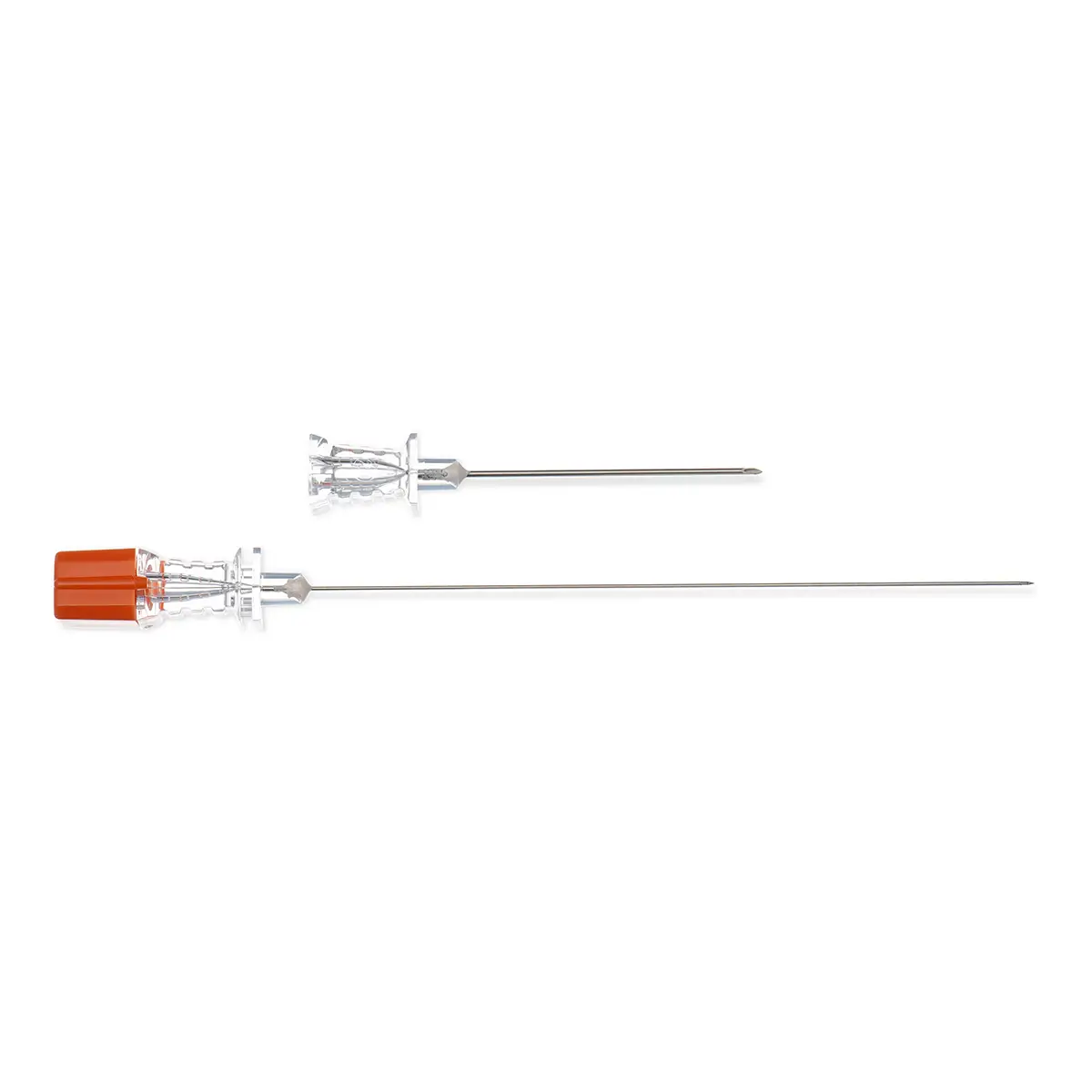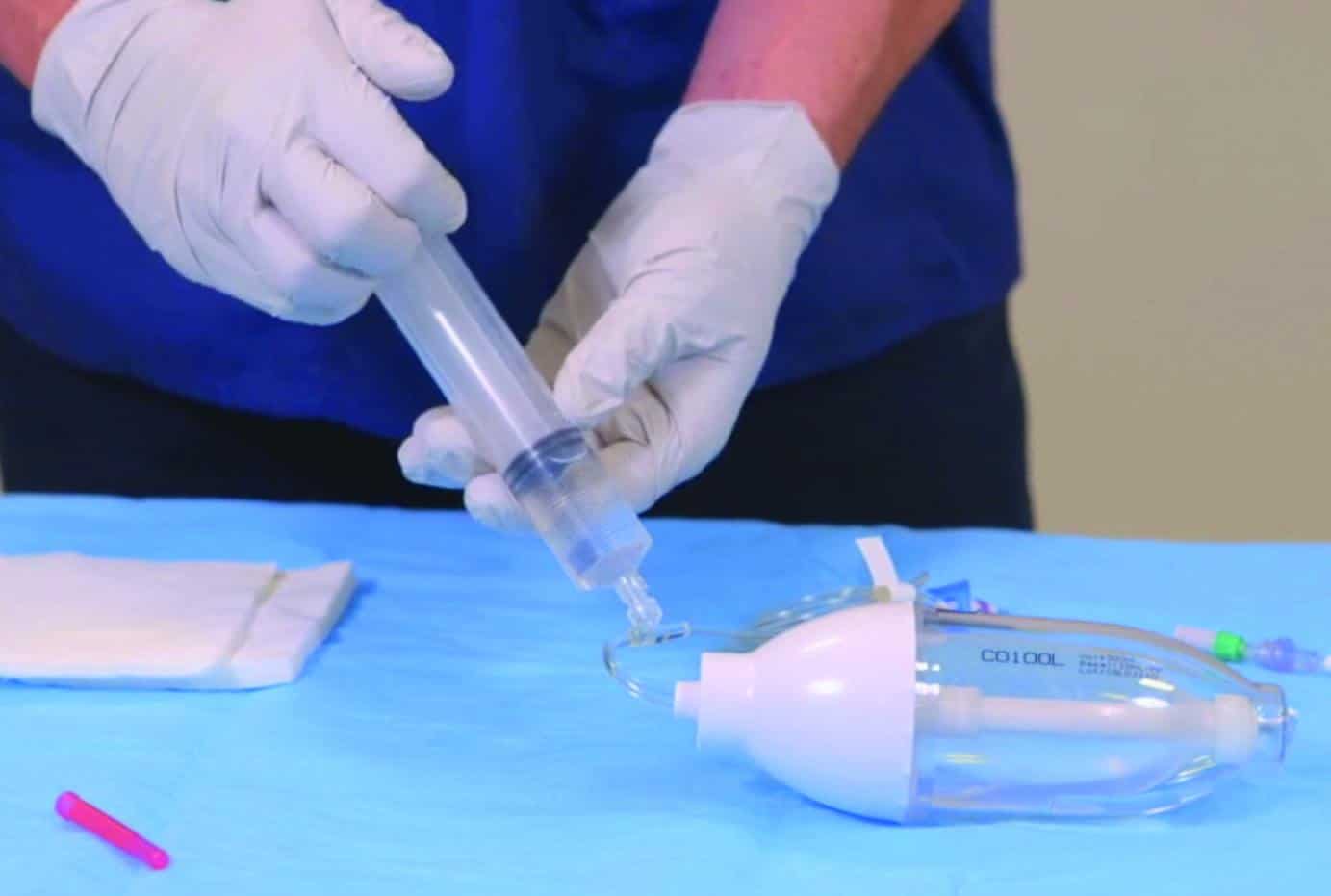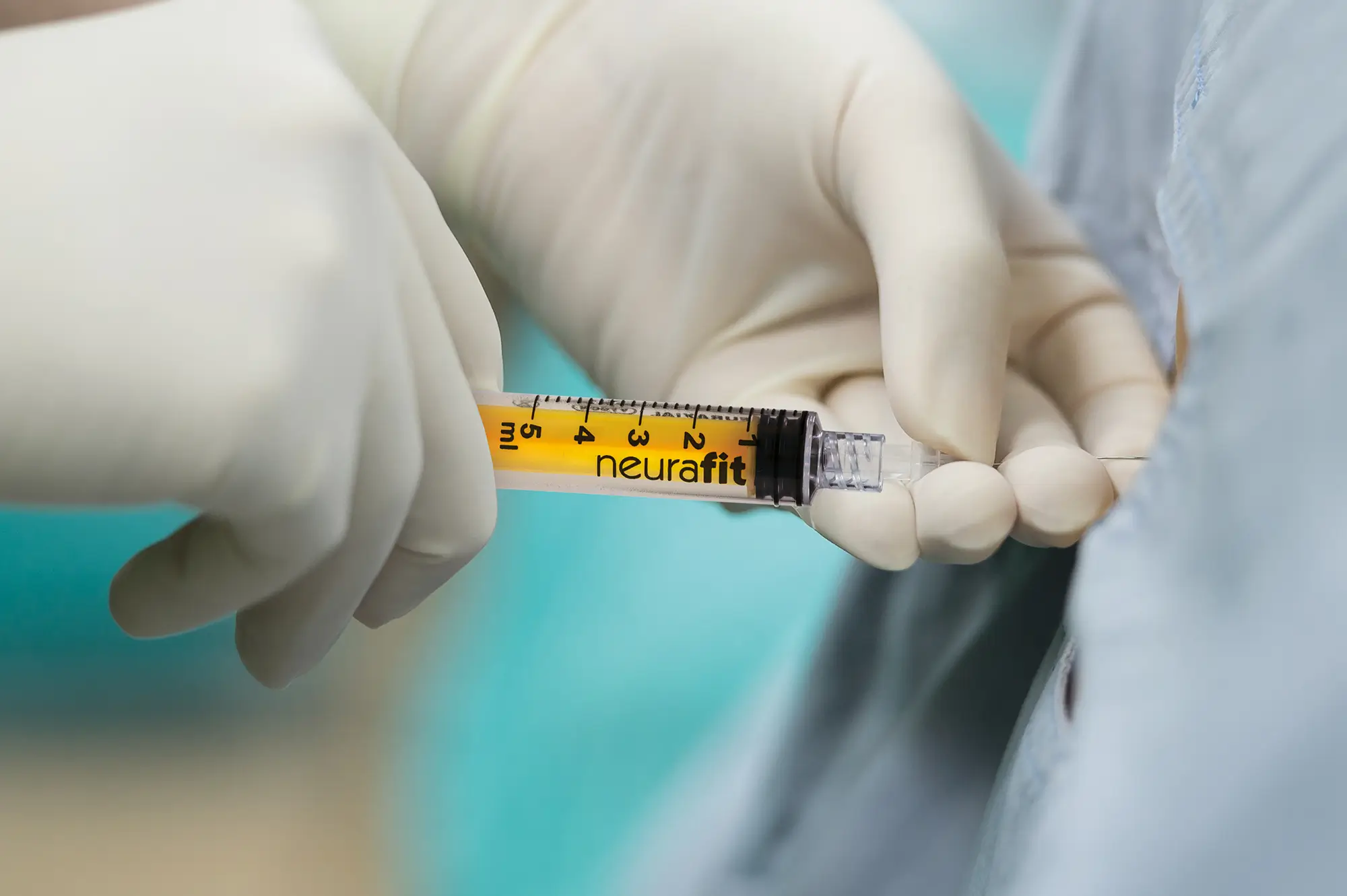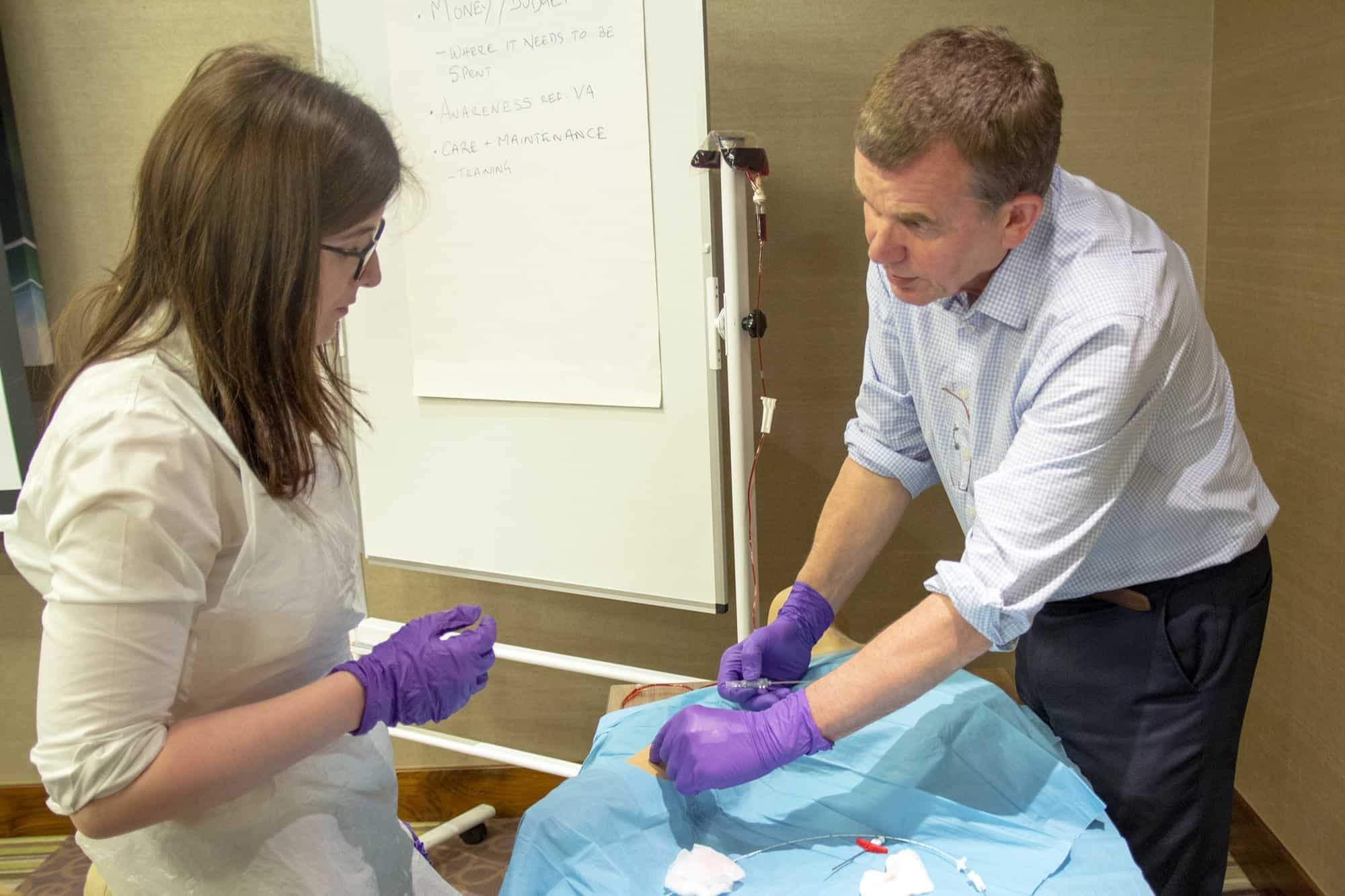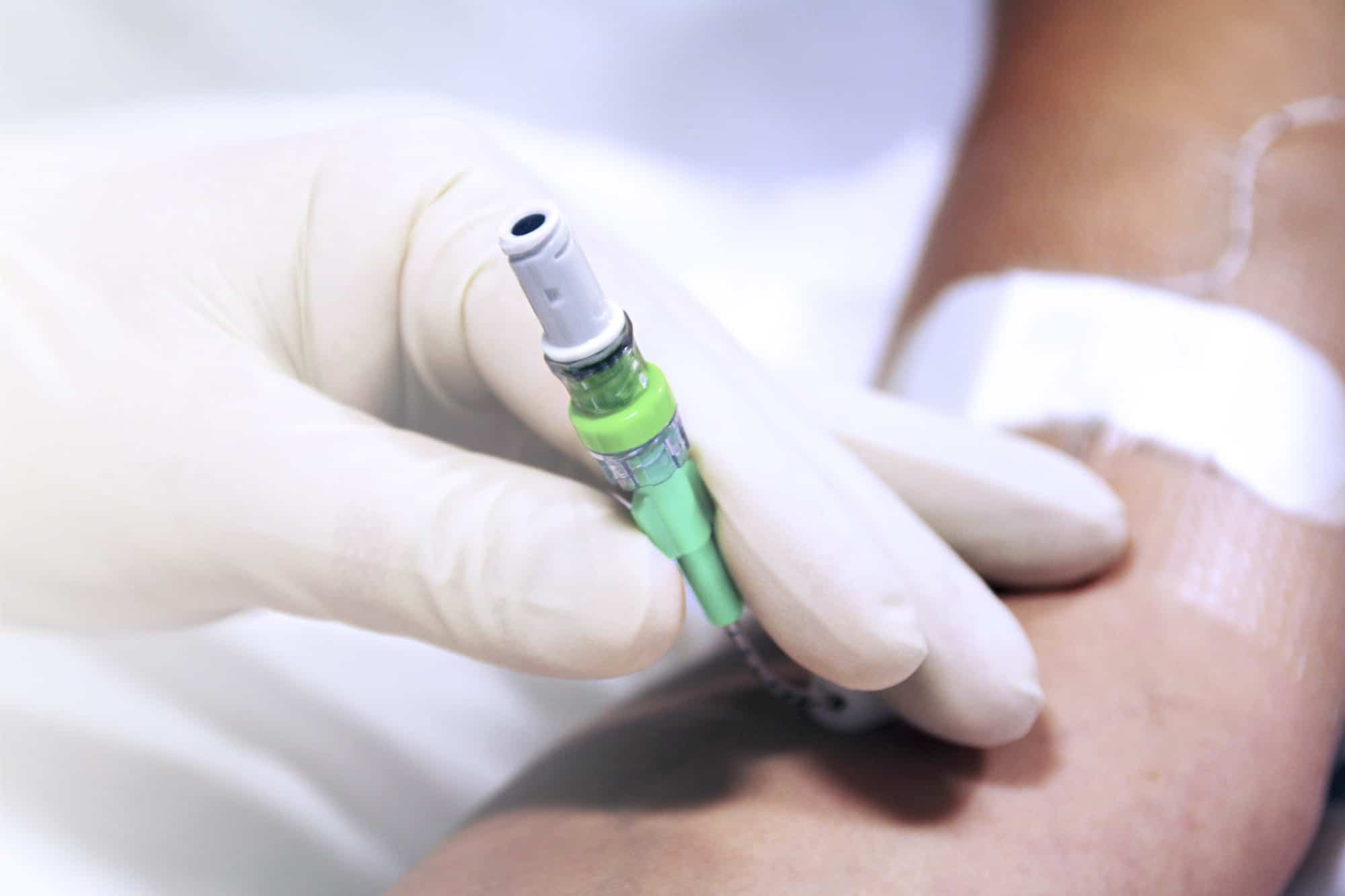Stay ahead of clinical best practice with Leaderflex

A Peripheral Intravenous Catheter (PIVC) insertion is one of the most common invasive hospital procedures performed worldwide. It is associated with a variety of complications and a high overall failure rate; both during insertion and when in-situ.*
Recent studies and guidelines have suggested that PIVCs should be replaced only when clinically indicated, to not only reduce both the impact on the patient of re-siting of the cannula but also the costs associated with the cannulation procedure.* However, despite this, average dwell times of catheters are still under five days and often much less.* Typically a course of antibiotics can be prescribed for anywhere up to two weeks, or even longer, meaning the re-siting of PIVCs a number of times if the drugs are required to be administered intravenously. Added to this, routine replacement of PIVCs increases healthcare costs and staff workload and requires patients to undergo repeated invasive procedures.* Guidance from UK Medicines Information (UKMI) suggests that interruption to antibiotic therapy can lead to ‘significant or catastrophic long-term patient impact with ongoing intervention required; long increase in length of hospital stay possible’.*
Why Leaderflex?
Leaderflex is a radiopaque polyurethane catheter with fixation wings and integral extension tube, that is a proven, cost-effective alternative to short IV cannula for patients who require short to medium term intravenous therapy. Leaderflex is quick and relatively painless to insert, making it more comfortable for patients whilst also releasing time for clinicians to provide other aspects of care.*
References:
1. Rickard, C. et al Routine versus clinically indicated replacement of peripheral intravenous catheters: a randomised controlled equivalence trial. The Lancet 2012 vol 380; 1066-1074
2. Loveday, H.P. et al epic3: National Evidence-Based Guidelines for Preventing Healthcare-Associated infections in NHS Hospitals in England. Journal of Hospital Infection 2014. 86S1, S1-S70
3. Helms et alAccepted but Unacceptable: Peripheral IVCatheter Failure. Journal of Infusion Nursing 2015. 38 (3)
4. UK Medicines Information: NPSA Rapid Response Report: Reducing Harm from omitted and delayed medicines in hospital. A tool to support local implementation 2010
5. Owen, K. The use of 8 cm midlines in community IV therapy The British Journal Of Nursing (IV Supplement) 2014.23, 19. S18-S20
Contact us
For more information regarding Leaderflex intravenous catheters contact your local Vygon representative today on 01793 748830 or alternatively email marketing@vygon.co.uk.

